Forex trading is an exciting opportunity for individuals looking to venture into the world of financial markets and potentially earn profits. If you are a resident of Dubai and want to explore forex trading, this article will guide you through the process of getting started. Whether you are a beginner or have some experience in trading, these steps will help you embark on your forex trading journey with confidence.
Forex trading, also known as foreign exchange trading, involves
buying and selling currencies with the aim of making a profit from the fluctuations in their exchange rates. The forex market is the largest and most liquid financial market in the world, with a daily turnover of trillions of dollars. Dubai, as a global financial hub, provides numerous opportunities for individuals interested in forex trading.
2. Understanding Forex Trading
2.1 What is Forex Trading?
Forex trading is the process of speculating on the price movements of currency pairs. Traders aim to profit from the fluctuations in exchange rates by buying a currency at a lower price and selling it at a higher price, or vice versa. Unlike stocks or commodities, forex trading does not have a centralized exchange. Instead, it operates through an over-the-counter (OTC) market, which means trades are conducted electronically between participants.
2.2 Why Should You Consider Forex Trading?
Forex trading offers several advantages that make it appealing to individuals interested in financial markets. Some of the reasons why you should consider forex trading include:
Liquidity: The forex market is highly liquid, ensuring that you can enter or exit trades without difficulty.
Accessibility: Forex trading is accessible to individuals with various levels of capital. You can start with a small investment and gradually increase your position.
Flexibility: The forex market operates 24 hours a day, five days a week. This allows you to trade at a time that suits your schedule.
Potential for Profits: With proper knowledge, strategies, and risk management, forex trading offers the potential to generate profits.
3. Getting Started
To start forex trading in Dubai, follow these essential steps:
3.1 Find a Reputable Forex Broker
The first step is to find a reputable forex broker that suits your trading needs. Consider factors such as regulations, trading platforms, fees, customer support, and available trading instruments. Look for brokers regulated by reputable authorities to ensure the safety of your funds.
3.2 Open a Trading Account
Once you have selected a forex broker, you need to open a trading account. Fill out the necessary forms, provide the required documents for verification, and deposit funds into your trading account. Most brokers offer different types of accounts, so choose the one that aligns with your trading goals and risk tolerance.
3.3 Learn About Forex Trading Strategies
Before diving into live trading, it is crucial to learn about forex trading strategies. Familiarize yourself with concepts such as technical analysis, fundamental analysis, and risk management. Develop a trading plan and practice your strategies on a demo account to gain confidence and refine your skills.
4. Risk Management
Managing risk is an essential aspect of forex trading. Here are some key practices for effective risk management:
4.1 Set Realistic Financial Goals
Set realistic financial goals based on your capital, risk tolerance, and time commitment. It is important to have a clear understanding of what you aim to achieve through forex trading. Set both short-term and long-term goals to keep yourself motivated and focused.
4.2 Understand and Use Stop Loss Orders
A stop loss order is an instruction to close a trade at a predetermined price level to limit potential losses. Understanding how to use stop loss orders effectively can help protect your capital and minimize the impact of adverse market movements.
4.3 Practice Risk Management
Implement risk management techniques such as position sizing, diversification, and avoiding excessive leverage. By managing your risk, you can protect your trading capital and ensure longevity in the forex market.
5. Forex Trading Tools
To enhance your trading experience, make use of the following forex trading tools:
5.1 Use Trading Platforms
Choose a reliable trading platform offered by your forex broker. A user-friendly and feature-rich platform can provide you with essential tools, real-time market data, and order execution capabilities.
5.2 Access Market Analysis Tools
Stay informed about market trends and analysis by utilizing various tools such as economic calendars, technical indicators, and news sources. These tools can help you make informed trading decisions and identify potential trading opportunities.
6. Developing Trading Skills
To become a successful forex trader, focus on developing the following skills:
6.1 Educate Yourself About Forex Trading
Continuously educate yourself about forex trading through books, online courses, webinars, and educational resources provided by reputable sources. Stay updated with market news and industry developments to improve your understanding of the forex market.
6.2 Analyze Market Trends
Learn to analyze market trends using technical and fundamental analysis. Technical analysis involves studying historical price data and chart patterns, while fundamental analysis focuses on economic factors and news events that impact currency movements. A combination of both approaches can help you make well-informed trading decisions.
7. Conclusion
Starting forex trading in Dubai is an exciting opportunity for individuals interested in the financial markets. By following the steps outlined in this article, you can begin your forex trading journey with confidence. Remember to choose a reputable forex broker, educate yourself about trading strategies, practice effective risk management, utilize trading tools, and continuously develop your trading skills.
Q1: Can I start forex trading in Dubai with a small amount of capital?
Yes, forex trading is accessible to individuals with various levels of capital. You can start with a small investment and gradually increase your position as you gain experience and confidence.
Q2: Do I need to have prior trading experience to start forex trading in Dubai?
No, prior trading experience is not necessary to start forex trading in Dubai. However, it is important to educate yourself about forex trading, develop a trading plan, and practice on a demo account before trading with real money.
Q3: How can I manage the risks involved in forex trading?
Managing risks in forex trading involves setting realistic financial goals, using stop loss orders, practicing risk management techniques such as position sizing and diversification, and avoiding excessive leverage.
Q4: What are the recommended trading tools for forex traders in Dubai?
Recommended trading tools for forex traders in Dubai include reliable trading platforms offered by forex brokers and access to market analysis tools such as economic calendars, technical indicators, and news sources.
Q5: How can I improve my trading skills in forex trading?
To improve your trading skills in forex trading, continuously educate yourself about forex trading, analyze market trends using technical and fundamental analysis, and learn from experienced traders through books, courses, and educational resources.
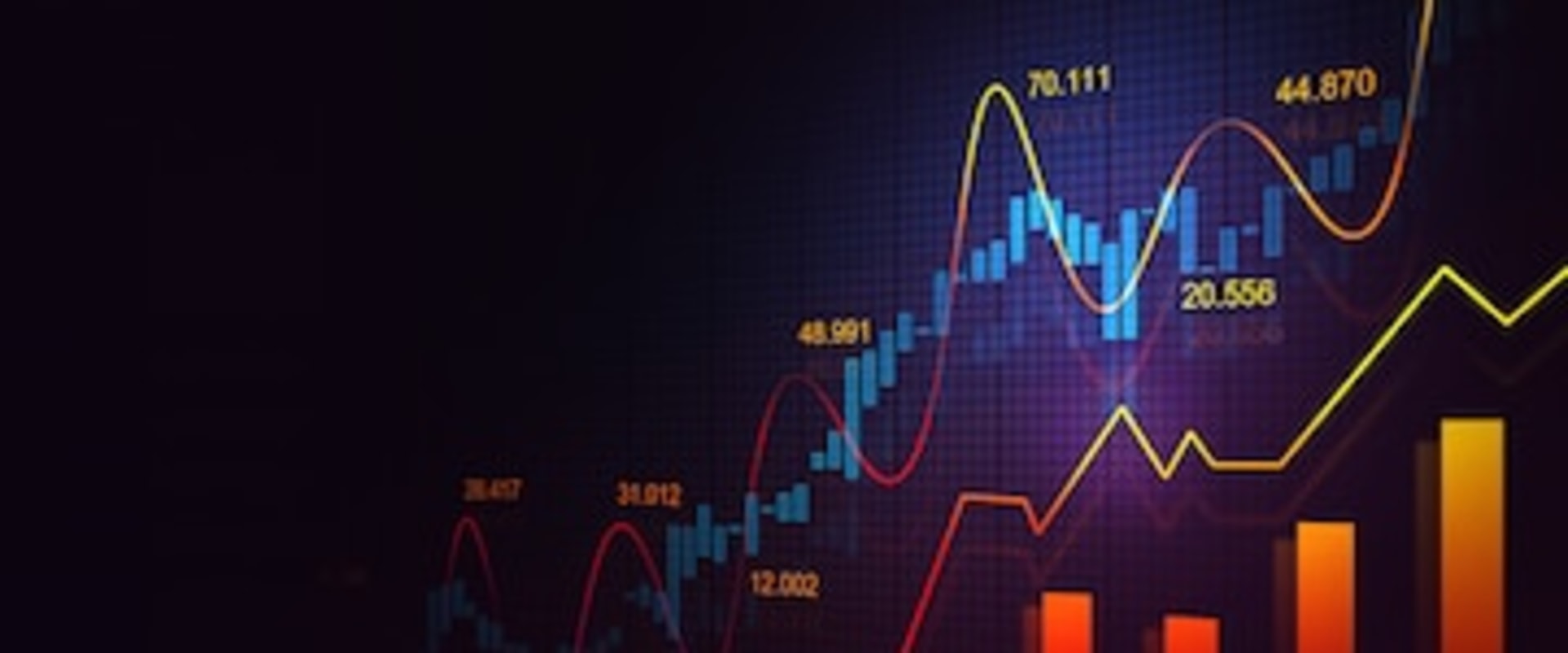
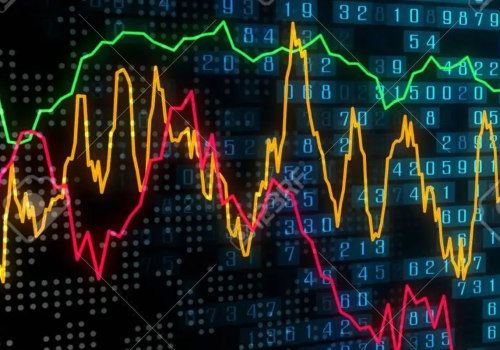
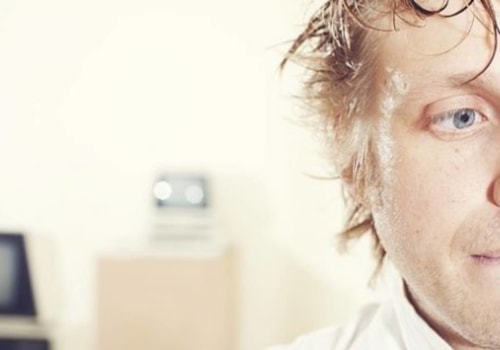
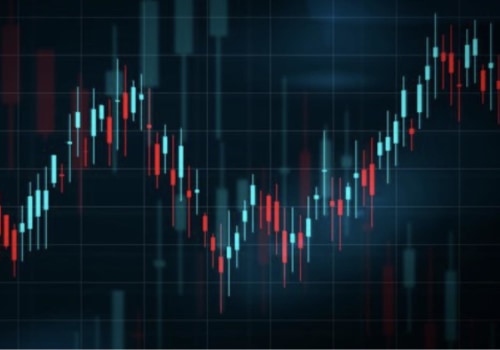
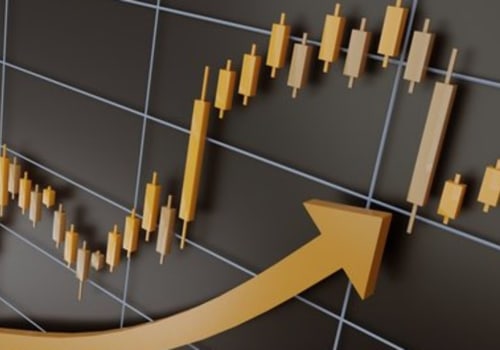
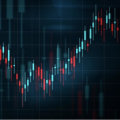

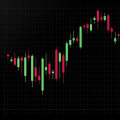
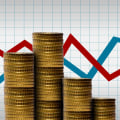

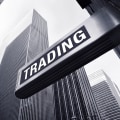
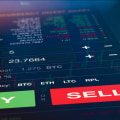
Leave Reply